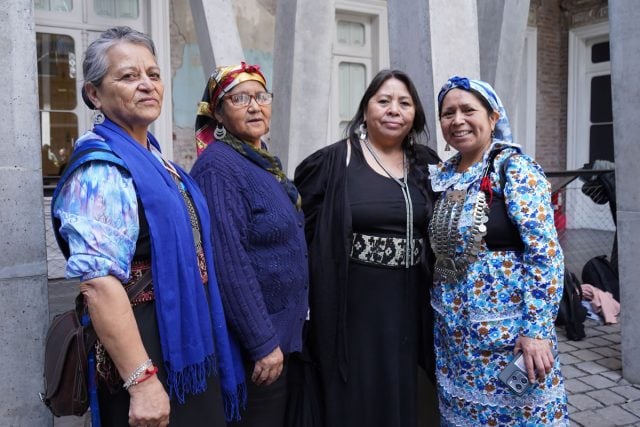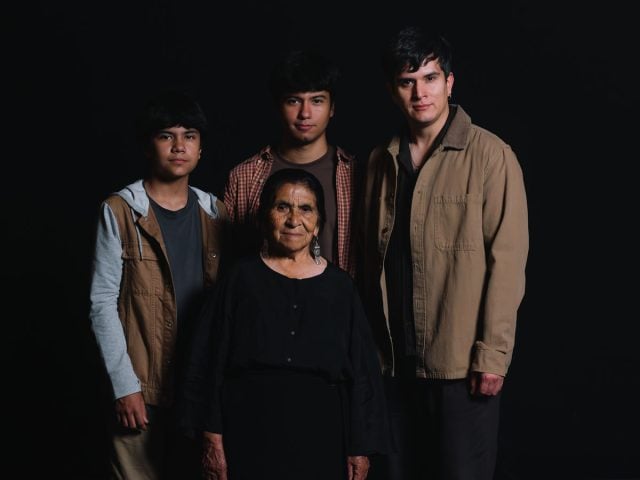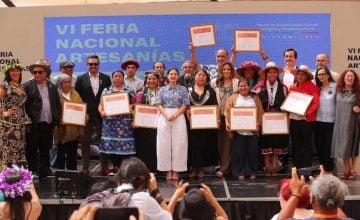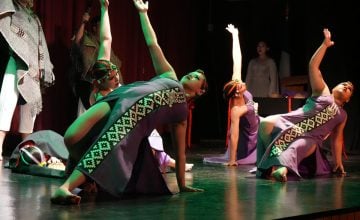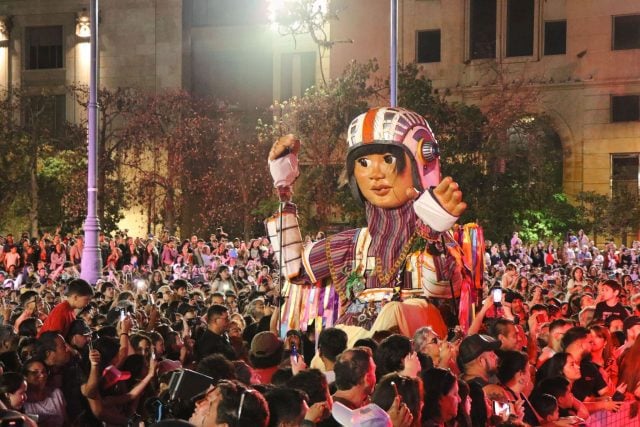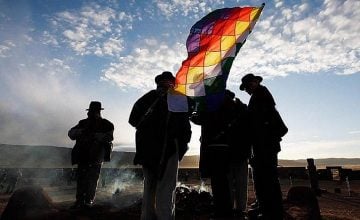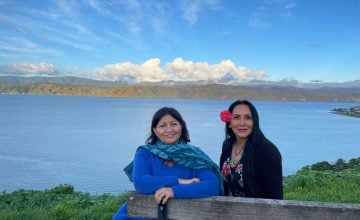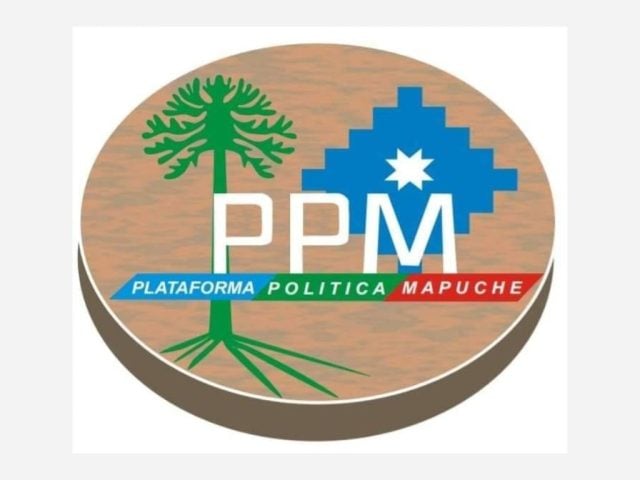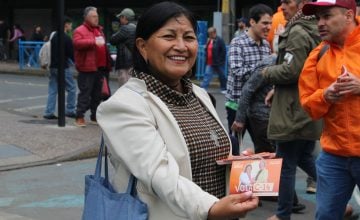Original article: «Nidos lingüísticos»: Educadoras llevan cultura de los pueblos originarios a jardines infantiles de la Región Metropolitana
«Language Nests»: Educators Bring Indigenous Culture to Kindergartens in the Metropolitan Region
In the second semester of 2025, over 10 municipalities in the Metropolitan region will participate in educational experiences known as «Language Nests.» This initiative, aimed at young children, seeks to strengthen linguistic, cultural, and socio-territorial skills based on the unique styles and spaces of the Mapuche and Quechua cultures and languages.
A group of kindergartens from La Cisterna, San Bernardo, Lo Prado, El Bosque, La Pintana, San Ramón, Puente Alto, Huechuraba, Macul, La Granja, and San Joaquín has joined this linguistic revitalization strategy. The project is spearheaded by the National Indigenous Development Corporation (CONADI) and the Academy of Language and Culture of the Mapuche in Urban Context (ALMaCU).
Álvaro Morales, the national director of CONADI, expressed gratitude for this collaborative effort: «When a language is lost, a worldview is lost. Therefore, what we want to emphasize today are the initiatives that have been effective in other contexts, such as in New Zealand (Maori). These are the renowned Language Nests, focusing on early childhood education,» explains Morales.
This project aligns with national and international commitments regarding the cultural rights of indigenous peoples, such as the International Decade of Indigenous Languages (2022–2032) proclaimed by the United Nations.
During the initial phase, training sessions were organized for Indigenous Language and Culture Educators (ELCIs). «After this preparatory process, we will visit the establishments to produce content that supports the learning process,» detailed Ximena Montecinos Antiguay, the acting head of the Indigenous Affairs Office in Santiago.
«What do we want from the Language Nests? Something fundamental, which is to bring the languages of indigenous peoples, particularly Mapuche and Quechua, to new generations,» adds Montecinos Antiguay.
This initiative targets the youngest population, where ELCIs are connected with indigenous associations that support these kindergartens and create environments for learning, such as Mapudungun during early childhood education. Collaborative efforts with the teaching and administrative teams of these facilities are also coordinated beforehand.
Ximena Montecinos states that this is an unprecedented experience that can be evaluated and projected for the future. «We have a major project today, with many challenges, but we are fully convinced that we are working with experienced individuals who will ensure our success,» she concluded.
Revitalization with Family Support
For ALMaCU, it is crucial to be part of this project in collaboration with CONADI’s office in Santiago, says María Hueichaqueo, the initiative’s coordinator and an indigenous leader with a community-based approach: «We want to contribute to ensuring that indigenous languages do not disappear in our country, and we are incorporating fluent speakers of Mapudungun,» says Hueichaqueo.
The team includes Erna Millao Cheuquecoy, who will participate in the “Seeds of the Earth” kindergarten in La Cisterna; Jose Paillan Hueche at “El Tranque” in El Bosque; Juana Rosa Pichun Levipil at “Poyentu mapu” in San Bernardo; Olivia Marileo Nahuelpe at “Atipiri” in La Pintana; and Sayen Paillal Huenchual, among other ELCIs.
«Basically, words in Mapudungun, sounds of ceremonial instruments will be used, and we also want to involve families. If Mapudungun will be integrated into children’s lives, it is equally important to promote the revitalization of this language within families,» explains María Hueichaqueo.
Meanwhile, Rubén Reyes Aymani, president of the Ckunsa Lickanantay Linguistic Council, announced that «we are working to create a Language Nest in Atacama. There will be two: one in the town of Toconao and another in San Pedro de Atacama.»
«Today, adults are working hard; we want to revitalize everything, but it is the children who will later need to take charge of this work and this important ancestral legacy that we have within our people,» reflected the leader.
In this regard, CONADI also highlighted projects like Trempeyen (Temuco), Hōŋa’a Re’o (Rapa Nui), and the Academy of Language and Culture of the Mapuche in Urban Context (ALMaCU).
Jackeline Rapu Tuki, president of the Rapanui Language Academy, emphasized that «linguistic revitalization is fundamental because, through language, we drive our life and daily existence. Furthermore, through language, we pass on oral traditions from generation to generation, and if it is lost, our culture is also lost.»
«Moreover, our identity, history, and connection to Mother Earth are at stake,» concluded the Rapa Nui representative.
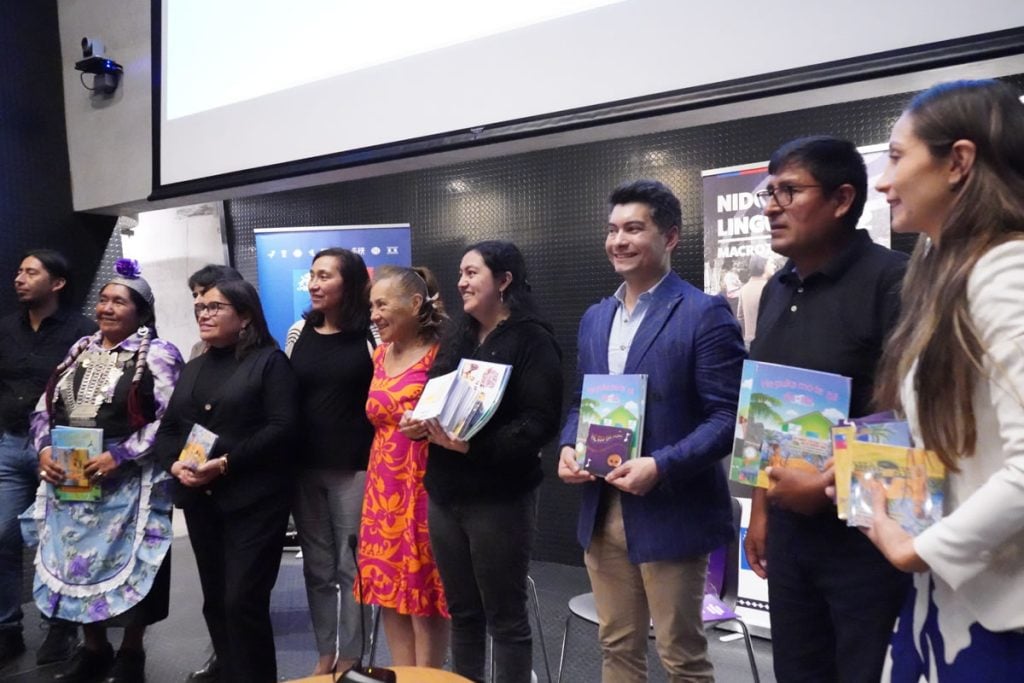
El Ciudadano
